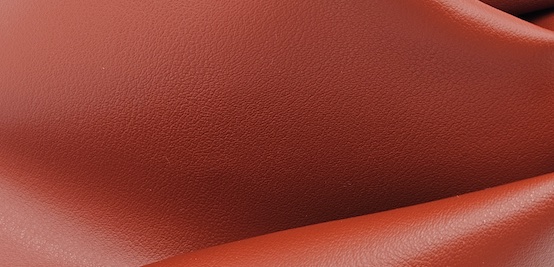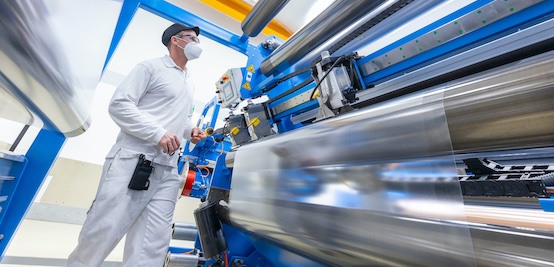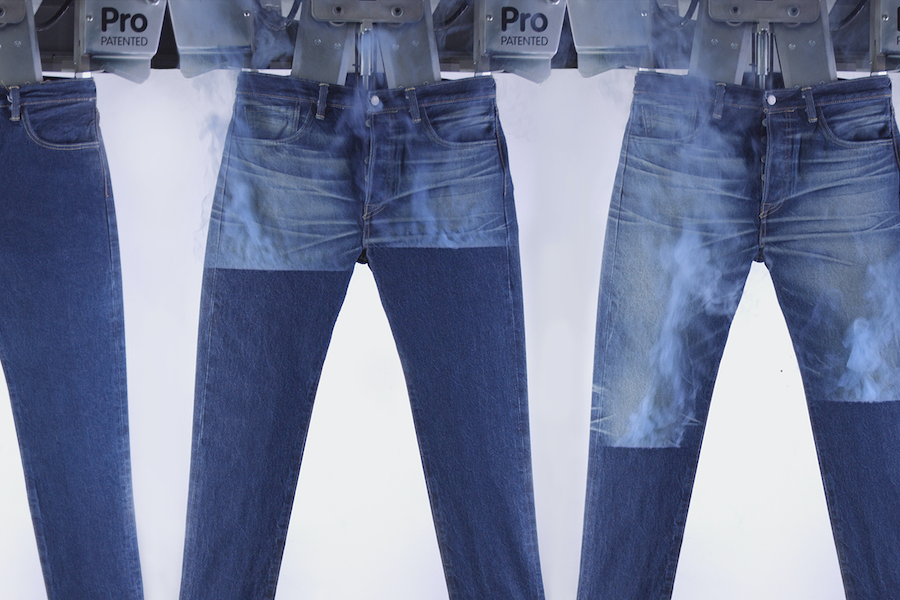#Textile chemistry
Suiting up Team Sonnenwagen with more sustainable sportswear created through a three-way partnership
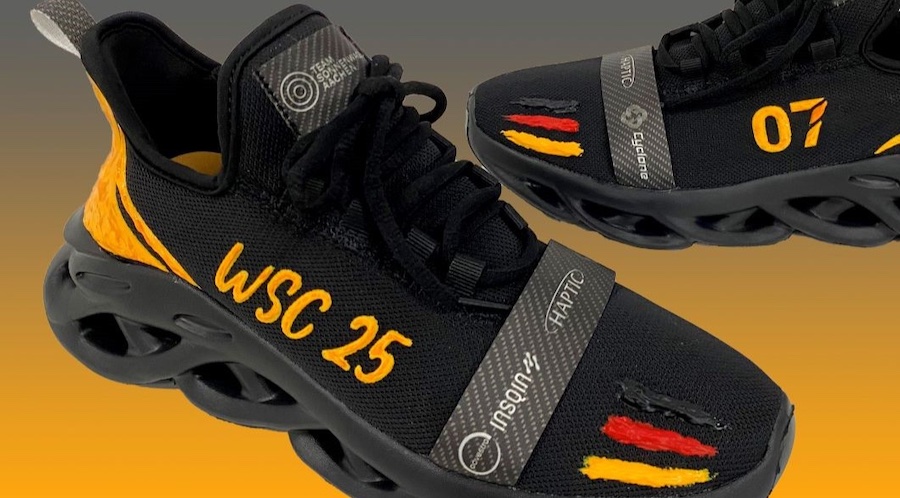
Just last week, Team Sonnenwagen unveiled their new solar car, the Aethon, which they will take to this year’s race. However, for the team to secure victory, several factors must align. In addition to the car itself, the team requires suitable apparel. To meet this need, Huafeng, a Chinese textile technology company, will supply Team Sonnenwagen with high-performance sports shoes, shorts, and trousers that offer a reduced CO2 footprint compared to conventional sportswear.**
Reflecting on the longstanding partnership between Huafeng, Cyclone, and Covestro, Dr. Torsten Pohl, Head of Global Textile Coatings at Covestro, said: “The new sports kit looks fantastic! By incorporating our partially bio-based Impranil® CQ PU dispersion into its textile coatings and using recycled yarns from Cyclone, Huafeng has successfully achieved an excellent balance of high performance, aesthetic appeal, and low environmental impact. This collaboration demonstrates that manufacturers can meet the increasing demand for more sustainable sportswear without compromising durability, style, or performance.”
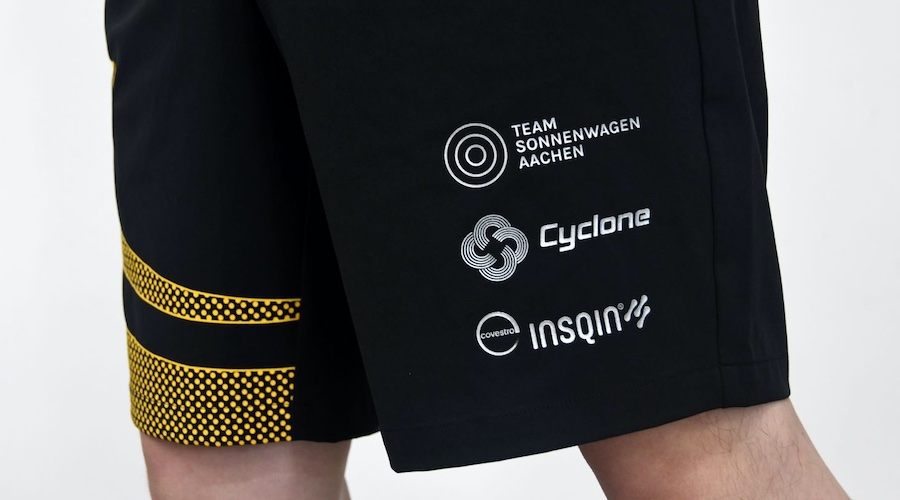
Huafeng created Team Sonnenwagen’s 2025 sports kit using yarns supplied by Cyclone, a yarn manufacturing partner. Cyclone produced these yarns from recycled polyethylene terephthalate (rPET) from plastic bottles collected in Fujian Province, China. Additionally, Cyclone employs a dope-dyeing technique for its yarns, which uses 57% less energy, 77% less water, and generates 51% lower CO2 emissions than traditional dyeing techniques.* The dyed fabric is then finished with Huafeng’s HAPTIC® ink, which contains a partially bio-based PU dispersion supplied by Covestro, Team Sonnenwagen’s core sponsor and supporter since 2017.
To help Team Sonnenwagen stand out on the racetrack, Huafeng embellished its shorts, sports shoes, and trousers with screen-printed designs created using its HAPTIC® ink. Huafeng can create stunning three-dimensional design effects using this ink while reducing environmental impact. This is because Huafeng developed its HAPTIC® textile coating system using the partly bio-based Impranil® CQ DLS/1 resin from Covestro, which has a 38% lower carbon footprint than standard grade Impranil®.** For Team Sonnenwagen, this won’t be the first time it has encountered Covestro products; partly bio-based PU dispersions from Covestro are also used in the textile material that covers the steering wheel in the team’s solar car.
Dr. Thomas Schmidt, Director of Innovation & Creation at Huafeng, commented on the recent collaboration: "By using partly bio-based Impranil® CQ solutions from Covestro, we’re pioneering sustainable textiles with innovations such as HAPTIC® Art ink. This ink formulation delivers a reduced CO2 footprint**, offers extensive customizability, and can be used in high-performance textiles like sportswear.”
The collaboration between Huafeng, Cyclone, and Covestro demonstrates that combining innovative manufacturing with partly recycled fabrics and partly bio-based textile coatings helps manufacturers create more sustainable sportswear while ensuring performance, durability, comfort, and style. With the right equipment and support, Team Sonnenwagen is well prepared to take the pole position in the race this August.
*SGS report from 2021 (Cyclone).
**According to internal calculations.




